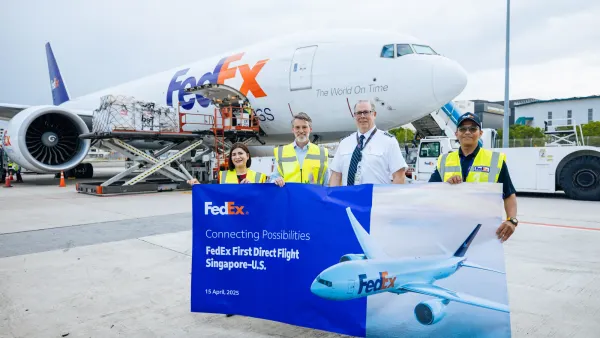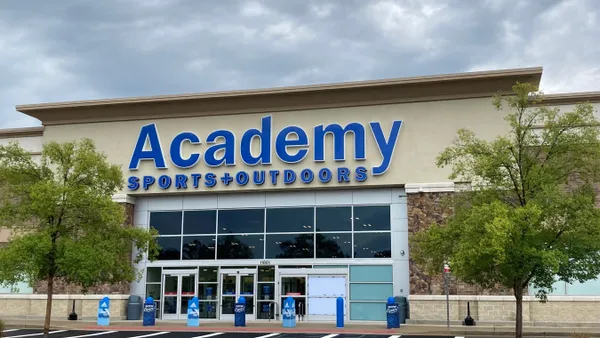Dive Brief:
- Sustainable procurement — a measure of how companies are engaging with their suppliers on sustainability practices — needs "more attention," according to an analysis of 33,000 companies conducted by EcoVadis from 2015 to 2017.
- Almost three-quarters (73%) of large companies and 66% of small and medium companies received a score of 40 or lower for sustainable procurement. Any score under 45 represents medium to high risk of the procurement instability, reputational risk and overall business disruption that can come from complacency in areas traditionally seen as "corporate social responsibility" (CSR), according to the report.
- Aside from sustainable procurement, EcoVadis scores companies on three other CSR themes: 1. environment; 2. labor practices and human rights; and 3. business ethics. "Business Ethics ... is the only theme where large companies improved consistently over the three years," EcoVadis said.
Dive Insight:
Stories of retailers working with their suppliers to improve sustainability and eradicate poor labor conditions often take the spotlight. Walmart has been lauded for Project Gigaton and recently announced it would work with farmers in India to improve their livelihoods. Ikea's push toward a circular supply chain involves visibility and collaboration with suppliers.
Though these stories garner much attention in the media, data suggests they're relatively rare. As the report indicates, most businesses, regardless of size or region, are falling behind in making progress on sustainability in their value chains. And the risk posed by failing to address topics generally regarded as "CSR" is real according to EcoVadis, which explains that companies can use the index "to identify areas where their industry is particularly susceptible to CSR risks, so they can begin to future-proof their business longevity."
"With Sustainable Procurement scoring the lowest out of the four themes, it is likely that on the whole businesses do not invest enough effort into working with their supply chain partners to insure their practices are free of modern slavery," EcoVadis wrote in its report.
As the chart below shows, sustainable procurement scores skew toward the lower end, with a majority of businesses falling into medium and high-risk categories.
"But small and medium-sized companies dominate in the 'confirmed' ranges from 50 to 60," EcoVadis said. "This may signal a cascading effect, where small and medium-sized businesses drive sustainability monitoring to deeper tiers in the value chain."
It follows logically that most smaller companies would have smaller supply chains and fewer suppliers, therefore making it easier to have visibility into several tiers. On the other hand, executives at large companies (1,000 or more employees) are less likely to have direct oversight over suppliers, EcoVadis said. The ratings group suggested large businesses invest more capital into improving labor, human rights and sustainable procurement.













